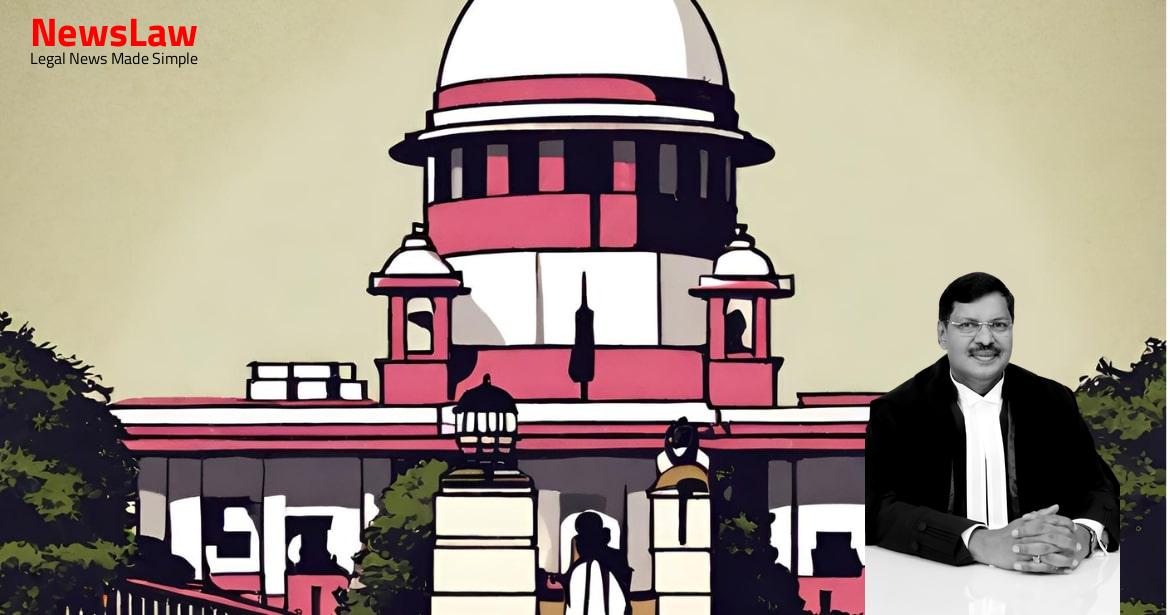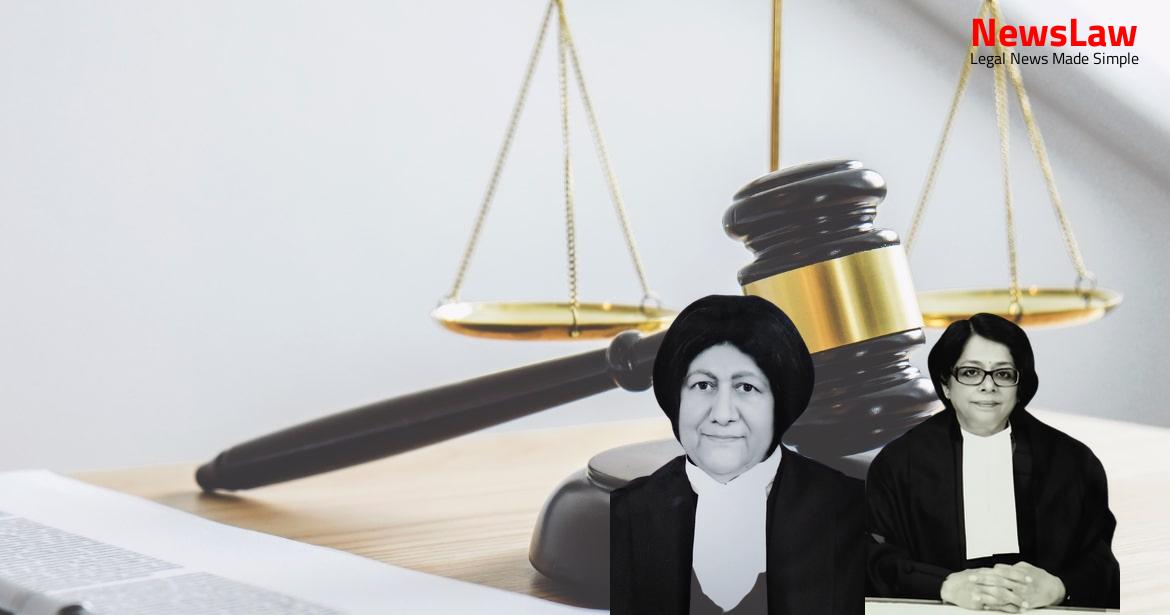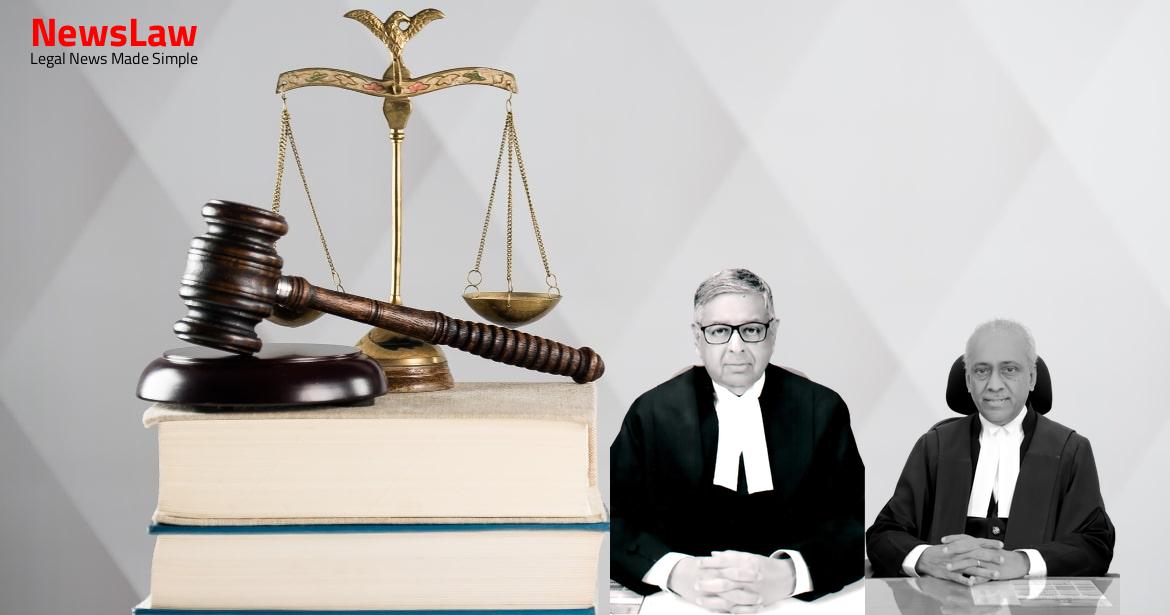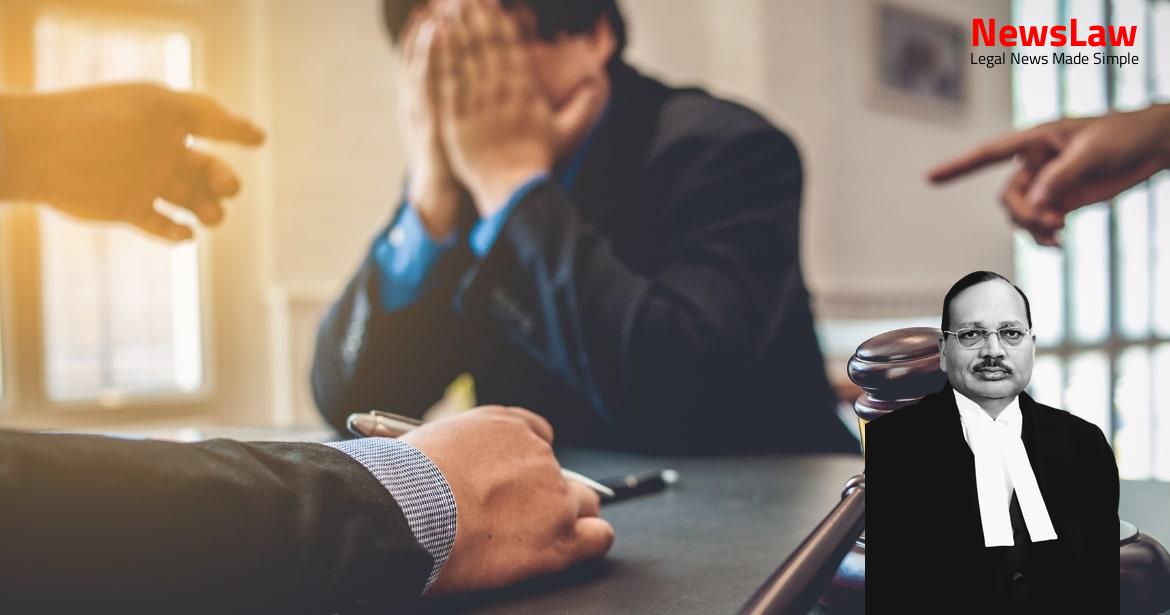The Supreme Court of India has made a crucial ruling in a case involving a land acquisition compensation dispute. The petitioners have sought fair compensation for lands acquired under the Land Acquisition Act, facing opposition from the respondents due to a 21-year delay in filing their petitions. The Court’s decision on denying the condonation of delay has far-reaching implications on the principles of legal proceedings and timely actions in such disputes.
Facts
- The applications for condonation of delay are vehemently opposed by the respondents
- The original claimants, who are land owners, are aggrieved by the impugned judgment and order dated 2.4.1996
- Delay of 193, 224, and 142 days respectively in refiling the special leave petitions is condoned
Also Read: Urs Family Property Dispute: Supreme Court Decree
Arguments
- The respective petitioners have filed petitions seeking fair compensation for the lands acquired under the Land Acquisition Act.
- The petitioners argue that their lands in villages Gulsitapur and Tilpta should receive compensation at par with the rate of Rs.65/- per square yard given for lands in village Kasna.
- The delay of approximately 21 years in filing the petitions is contested by the respondents, who argue that the delay may have a cascading effect if compensation is increased now.
- The judgment of the High Court from 1996 has been accepted by the petitioners without filing a special leave petition, indicating acquiescence.
- The respondents oppose the reopening of the compensation issue, claiming that it would lead to demands for enhanced compensation from all affected landowners.
- The developed nature of village Kasna compared to villages Gulsitapur and Tilpta is highlighted, pointing out differences in location and infrastructure.
- The respondents dispute the superiority of land in Gulsitapur over Kasna, emphasizing that developed land was allotted long ago based on acquisition costs and infrastructure development.
- The relied upon cases showed satisfaction with the sufficient cause for delay in claiming parity in compensation.
- Parity was claimed with lands acquired under the same notification, citing financial difficulties as the reason for delayed appeals.
- In the present case, the petitioners seek parity in compensation with land acquired in a different village after four years with distinct location characteristics.
- The differences in timing, location, and specific circumstances make the comparison with the relied upon cases inapplicable to the current situation.
- The petitioners have not presented a sufficient cause to justify the significant delay of around 21 years in filing the special leave petitions.
Also Read: Promissory Estoppel and Public Interest: Union of India vs. M/s Dharampal Satyapal Ltd.
Analysis
- The petitioners failed to provide a sufficient cause for the inordinate delay of approximately 21 years in approaching the court.
- The explanation provided by the petitioners for the 21-year delay was related to enhanced compensation received by other landowners in a different village, which is not considered a justifiable reason.
- The principle of laches and delay in legal proceedings is emphasized, stating that a right not exercised for a long time is deemed non-existent.
- The Court highlighted the importance of initiating legal proceedings within the prescribed period of limitation, and the consequences of failing to do so without a sufficient cause.
- Acquiescence and waiver are discussed in the context of delayed legal actions, implying that parties lose the right to complain if they do not object in a timely manner.
- The financial implications on the acquiring body of directing them to pay enhanced compensation after a significant delay are also reviewed.
- The Court emphasized the need for a justifiable explanation for delay in legal proceedings, particularly when the period of limitation has lapsed.
- The court did not consider the implications of directing the State to pay additional compensation after a number of years in previous decisions.
- If the petitioners are denied interest and other statutory benefits for the delayed period, directing the State to pay enhanced compensation after 21 years would still be financially burdensome and challenging to recover from the allottees.
Also Read: Jurisdictional Interpretation in Kamlesh Babu v. Lajpat Rai Sharma
Decision
- Applications for condonation of delay dismissed.
- Huge delay of 7534, 7542, and 7886 days in filing special leave petitions refused to be condoned.
- Previous decisions are not applicable to the current case.
- Special leave petitions dismissed on the ground of limitation.
- No order as to costs in the circumstances of the case.
Case Title: BALJEET SINGH (DEAD) THROUGH LRS Vs. STATE OF UP
Case Number: SLP(C) No.-030404-030442 / 2017



